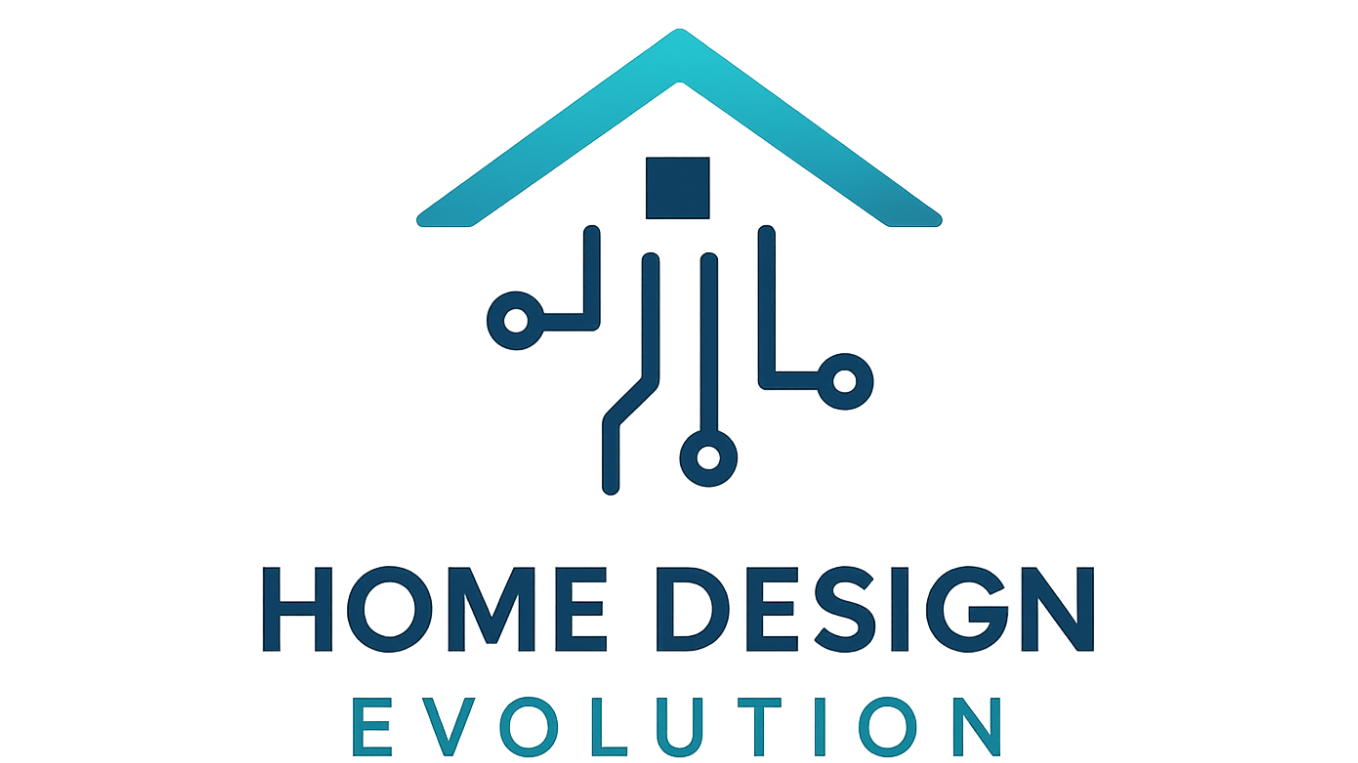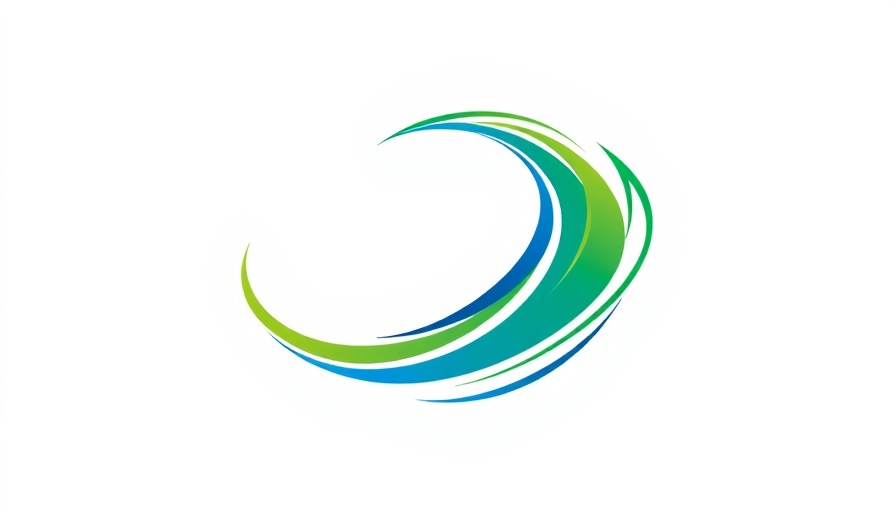
Understanding Ohio's Net Metering: A Pathway to Energy Independence
As Ohio homeowners increasingly seek eco-friendly living solutions, understanding net metering becomes essential for leveraging renewable energy. At its core, net metering allows you to harness the power of the sun and the wind to generate electricity for your home. By taking advantage of these policies, homeowners can not only reduce their carbon footprint but also save on energy bills.
How Do Ohio’s Net Metering Policies Work?
Ohio's net metering policy, as established by the Database of State Incentives for Renewable Energy (DSIRE), mandates that electric utilities offer net metering to customers generating power from renewable sources—be it solar, wind, or biofuels. This means that if you install a solar inverter or a wind turbine on your property, you can get credit for the excess energy you produce.
This is particularly beneficial since potential cost savings can be substantial: any surplus electricity your system generates is sent back to the grid. In return, utility companies provide energy credits, effectively lowering your next electricity bill.
Eligibility and Interconnection: Getting Connected
To participate in Ohio's net metering program, homeowners must first complete the interconnection process. This means you’ll need to apply with your local utility to connect your system safely to the grid. While this may sound daunting, it simply involves signing an interconnection agreement, which facilitates your ability to sell excess energy back to the utility.
Ever since the regulatory changes in 2014, Ohio’s Public Utilities Commission has set guidelines that clarify which systems qualify for interconnection, ensuring more homeowners can enjoy the benefits of renewable energy.
Adding Value and Comfort to Your Home
Incorporating renewable energy systems can significantly increase your home's value and comfort. Studies have shown that homes equipped with solar installations can sell for more than similar properties without them. Not only are you investing in your own comfort, but you’re making a positive impact on the environment.
Community Benefits of Net Metering
One of the most significant advantages of net metering is its ripple effect within the community. By generating your own electricity, you're contributing additional energy to the local grid. This means that your renewable energy system is not only benefitting you but also your neighbors and the community at large. It’s a collaborative effort toward a sustainable future!
Future Insights: The Green Energy Revolution
As we look ahead, the trend towards renewable energy adoption in Ohio is expected to escalate. Global awareness of climate change and the increasing availability of technological options make for a promising future in clean energy. With governmental and local incentives, the market for solar power and other renewable energy solutions continues to thrive.
Common Misconceptions About Net Metering
Many homeowners mistakenly believe net metering is only for isolated initiatives or larger companies; however, it's designed for anyone with a renewable energy system. The process is simplified for residential homeowners, making it an accessible option for those looking to embrace sustainable living practices.
In addition, there's a misconception that the costs involved in installing these renewable energy systems are prohibitively high. With advances in technology and available financial incentives, many homeowners find that investments in solar power can be quite affordable over time, providing an excellent return on investment.
Practical Steps for Homeowners
If you’re feeling inspired to take the plunge into renewable energy, here’s a simple action plan:
- Research your local utility’s net metering policies to understand eligibility requirements.
- Contact available renewable energy installers to get quotes on systems best suited for your home.
- Look into any state or federal incentives available for renewable energy installations.
- Prepare for your interconnection application by familiarizing yourself with necessary documentation.
The path to a sustainable home might seem overwhelming, but taking these steps can empower you to make a positive change.
Call to Action
Don’t wait to start your renewable energy journey! Dive into the world of net metering by engaging with your local utility or reaching out to sustainable energy experts who can help you explore your options. Embrace the chance for savings and sustainability — your home and the planet will thank you!
 Add Row
Add Row  Add
Add 



Write A Comment